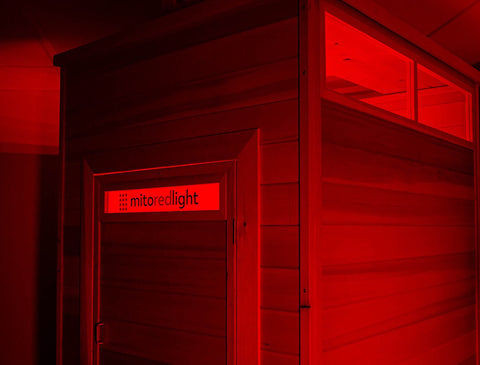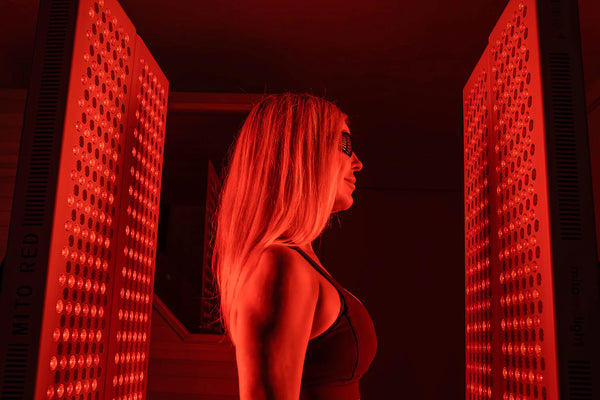Abstract
Objective: It was the aim of the present study to evaluate whether the laser irradiation of osteoblasts could enhance the release of growth factors including basic fibroblast growth factor (bFGF), insulin-like growth factor-I (IGF-I), and receptor of IGF-I (IGFBP3).
Background data: Low-level laser therapy (LLLT) has been shown to have biostimulatory effects on various cell types by enhancing production of some cytokines and growth factors.
Materials and methods: Human mesenchymal stem cells (MSCs) were seeded in osteogenic medium and differentiated into osteoblasts. Three groups were formed: in the first group (single dose group), osteoblasts were irradiated with laser (685 nm, 25 mW, 14.3 mW/cm(2), 140 sec, 2 J/cm(2)) for one time; and in the second group, energy at the same dose was applied for 2 consecutive days (double dose group). The third group was not irradiated with laser and served as the control group. Proliferation, viability, bFGF, IGF-I, and IGFBP3 levels were compared between groups.
Results: Both of the irradiated groups revealed higher proliferation, viability, bFGF, IGF-I, and IGFBP3 expressions than did the nonirradiated control group. There was increase in bFGF and IGF-I expressions and decrease in IGFBP3 in the double dose group compared to single dose group.
Conclusions: The results of the present study indicate that LLLT increases the proliferation of osteoblast cells and stimulates the release of bFGF, IGF-I, and IGFBP3 from these cells. The biostimulatory effect of LLLT may be related to the enhanced production of the growth factors.




















